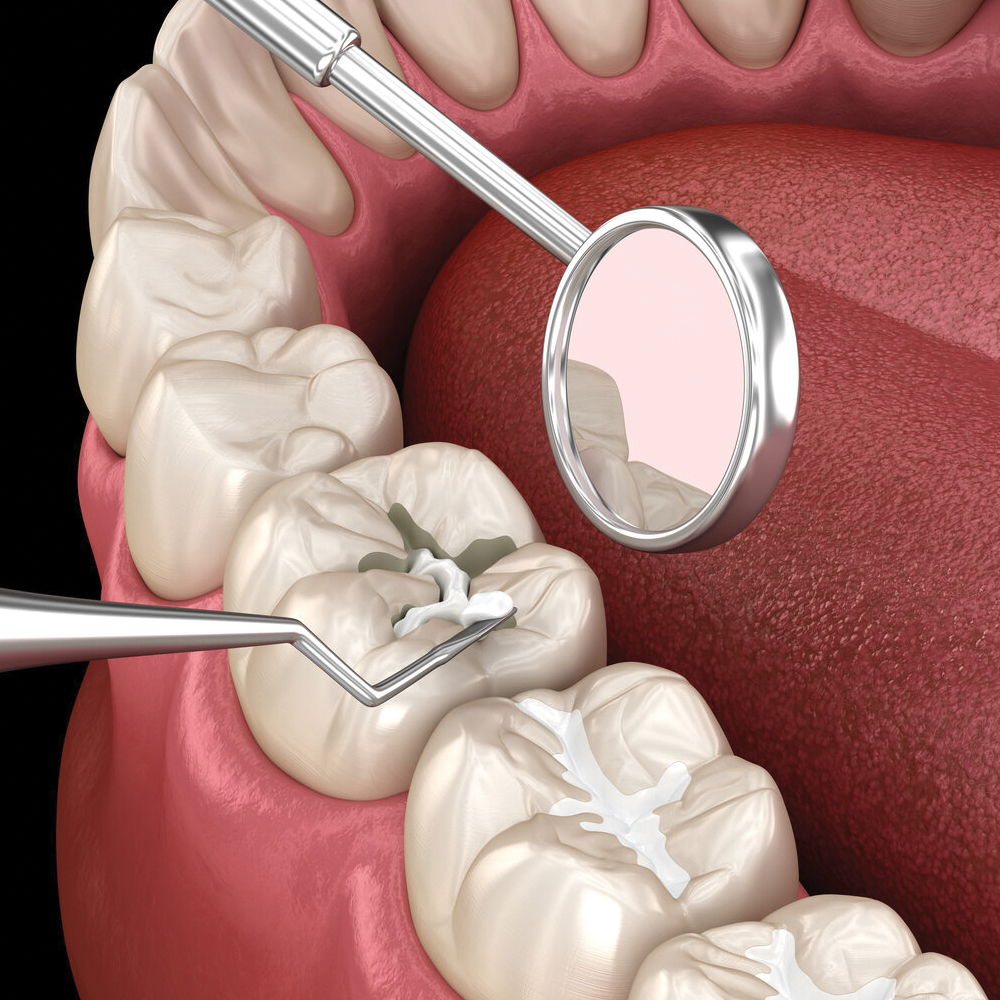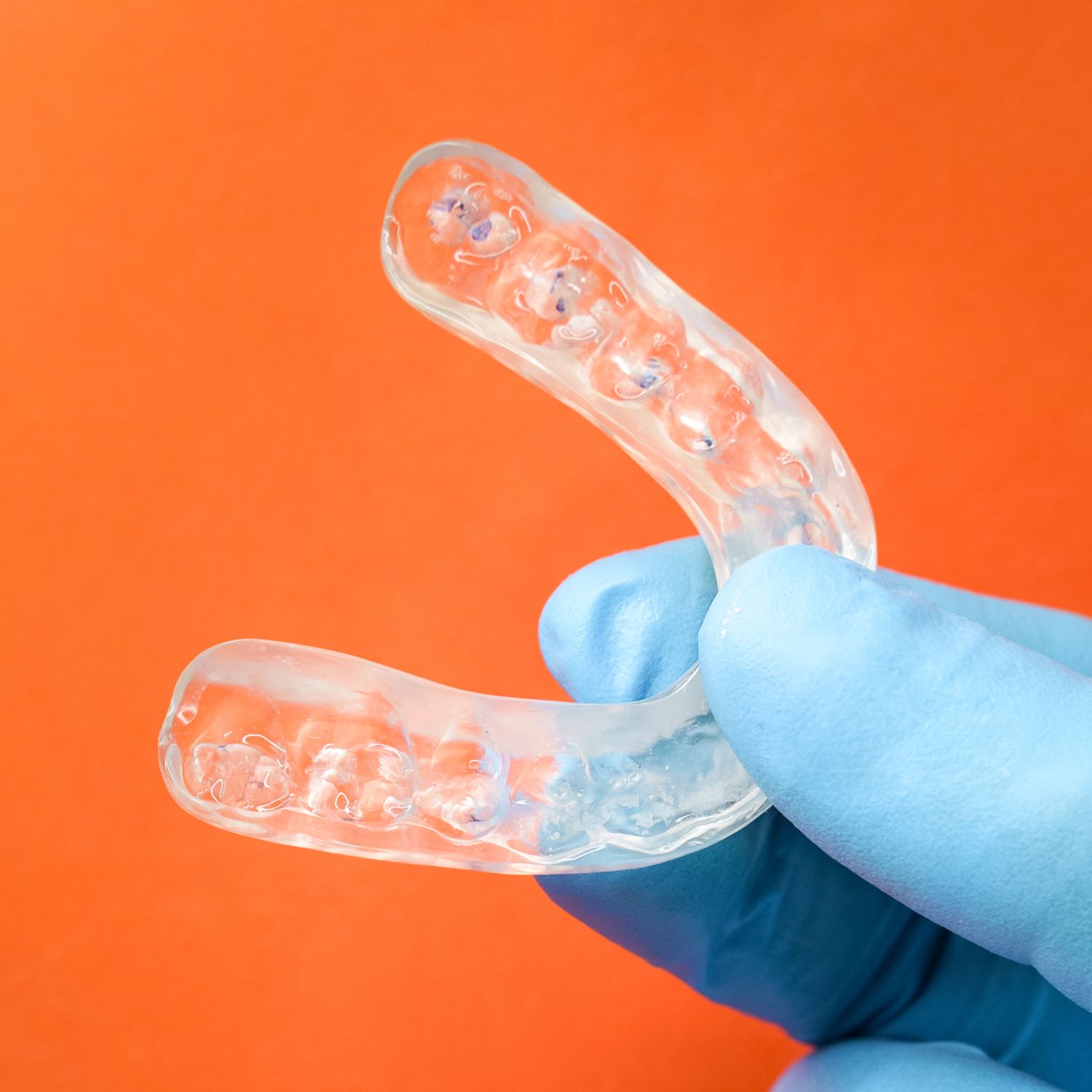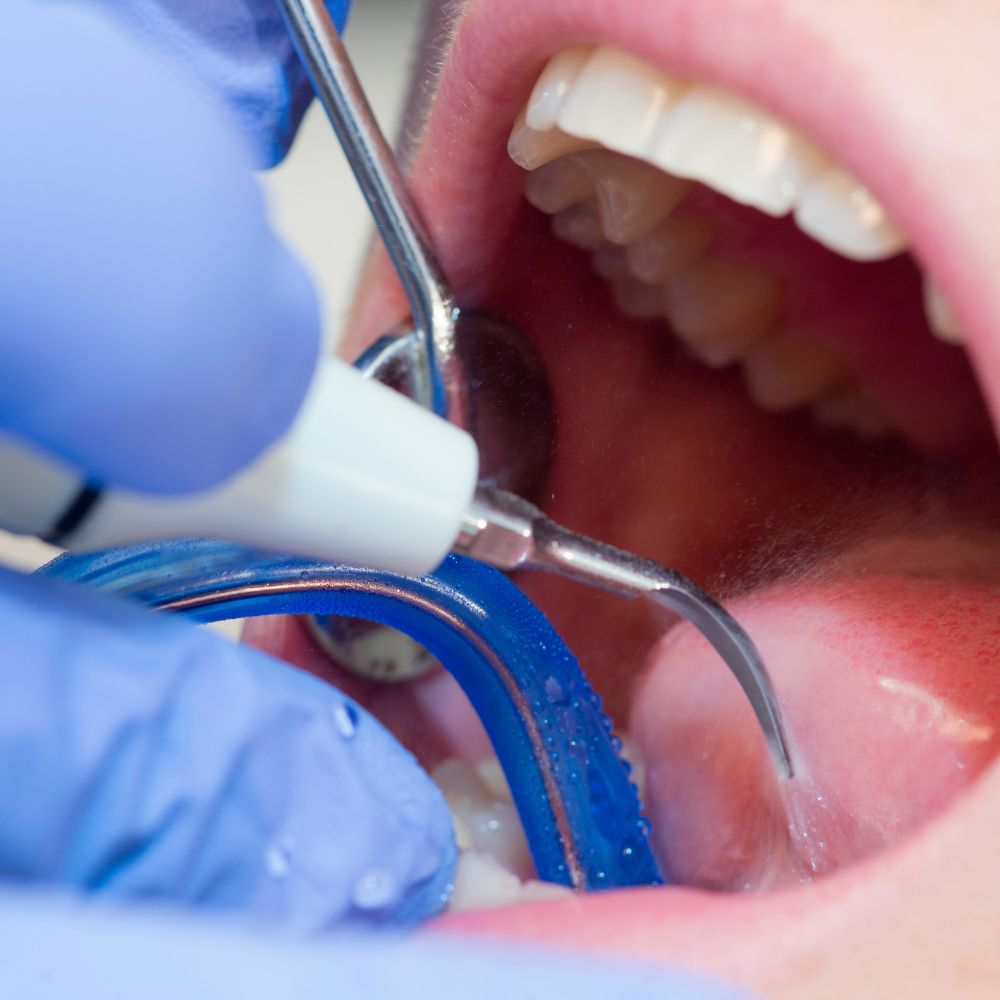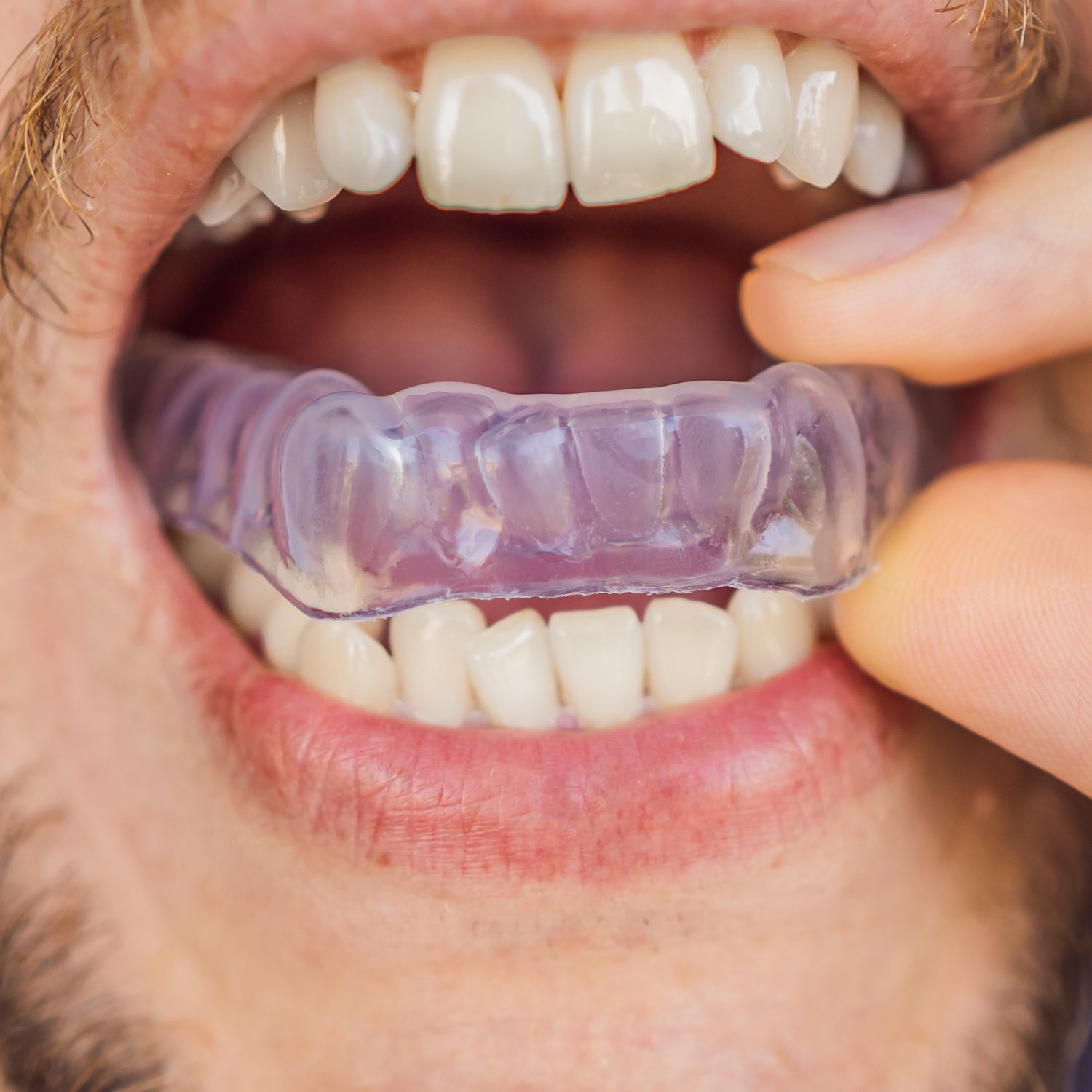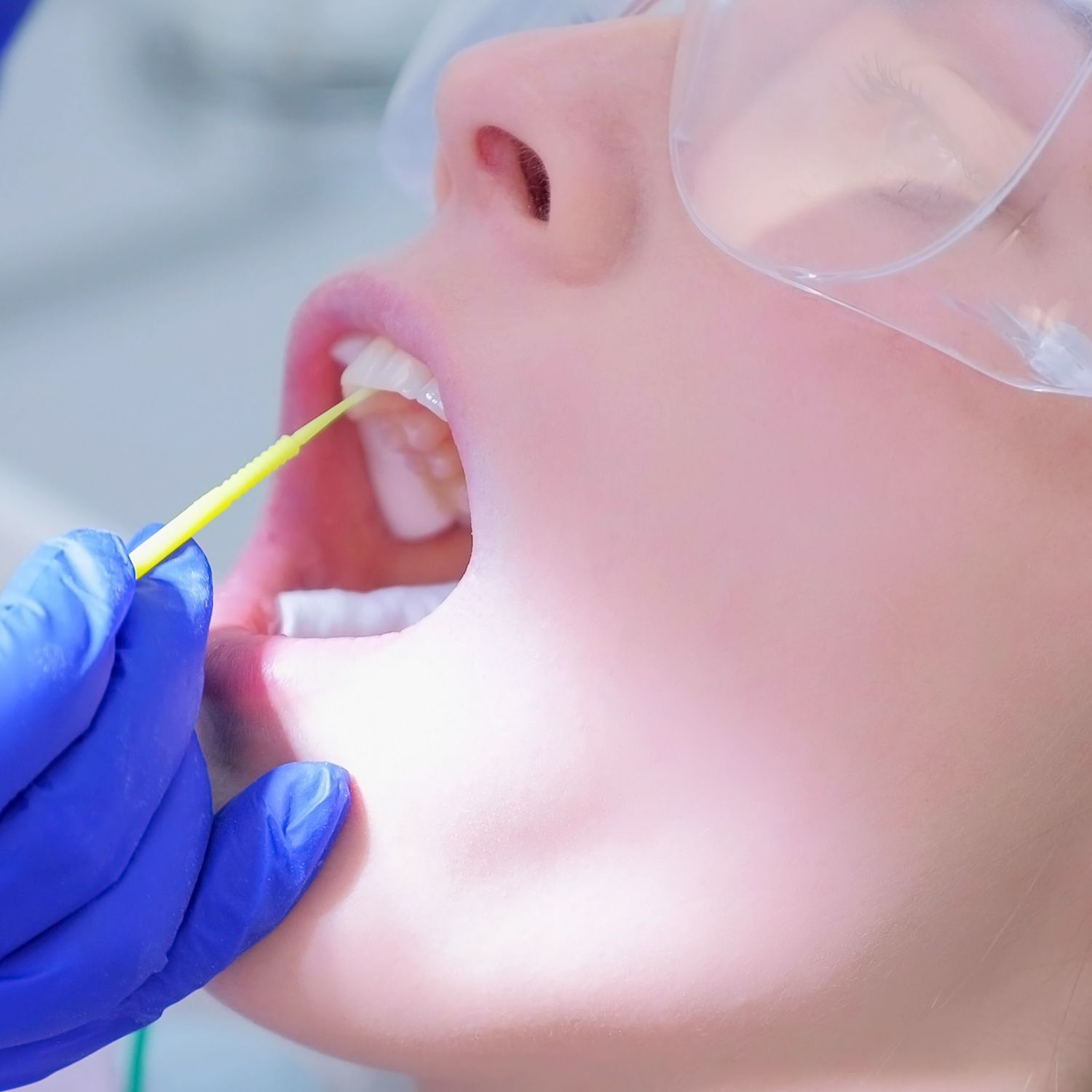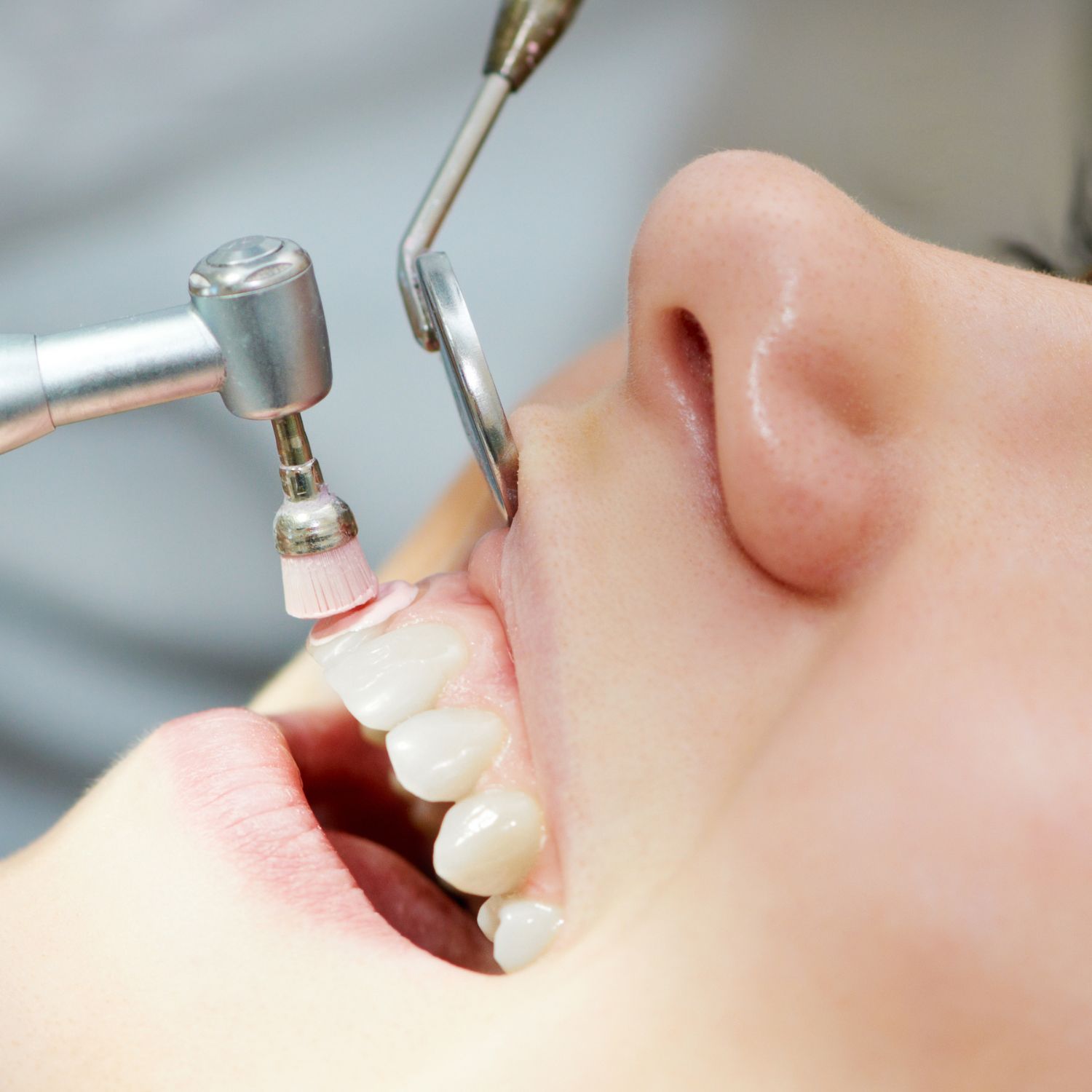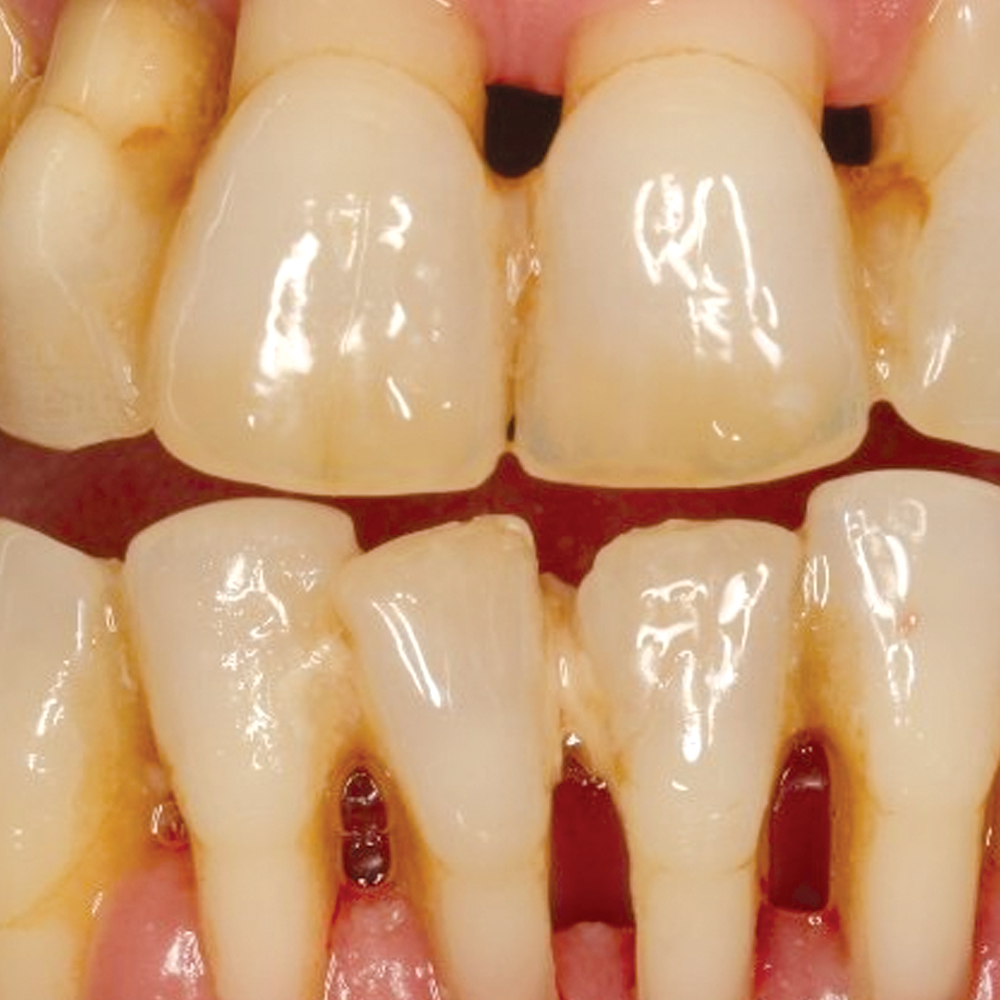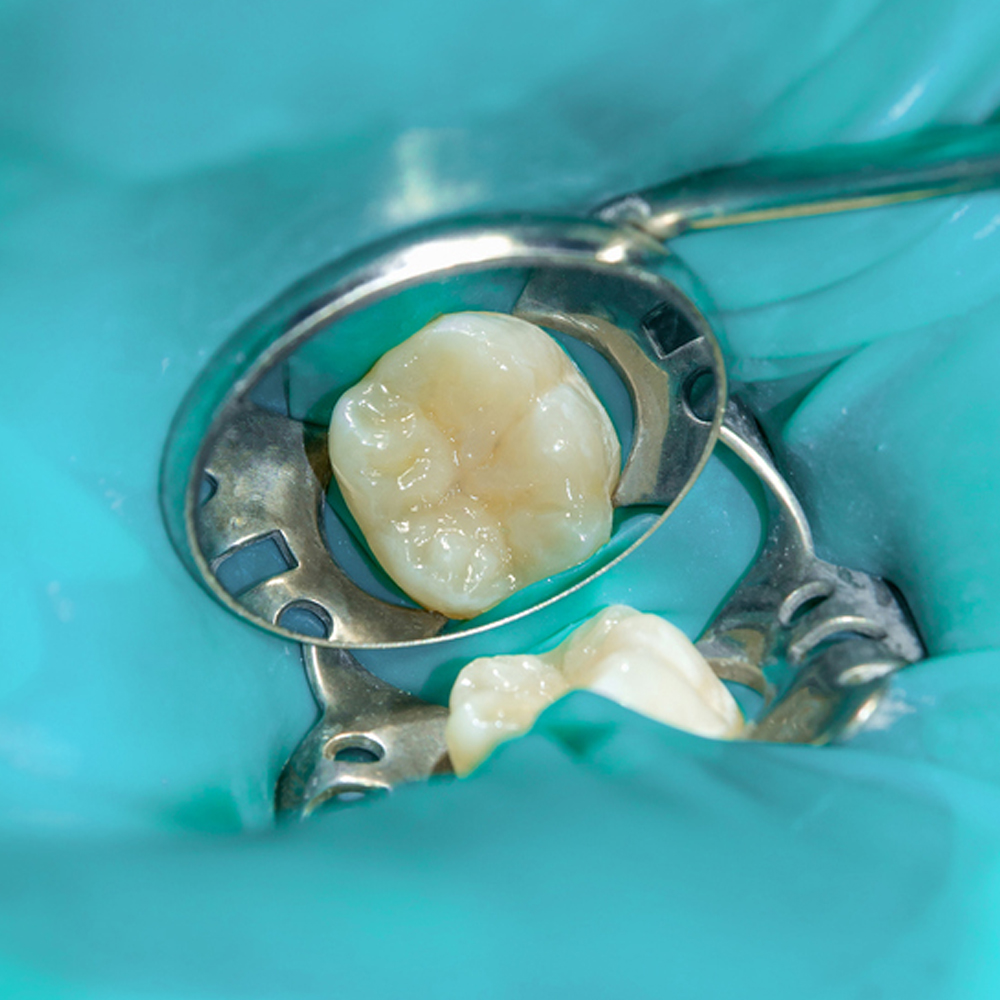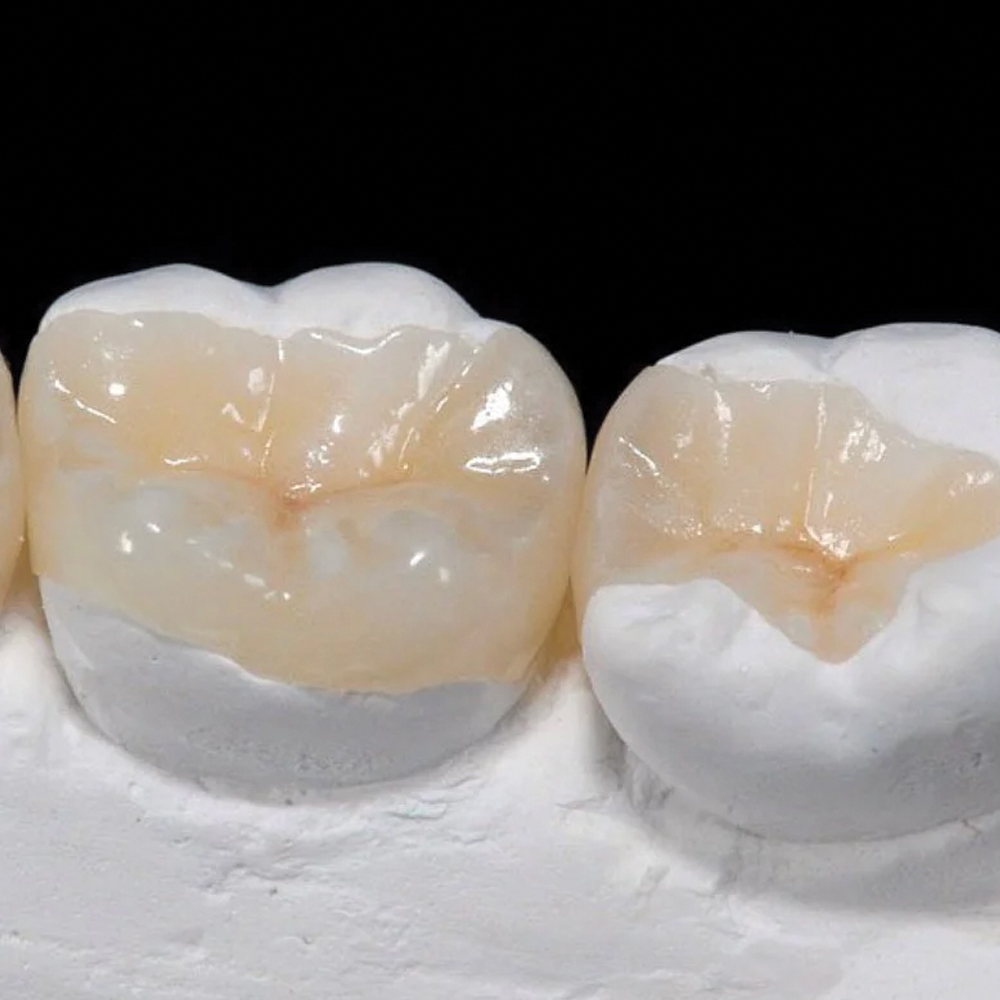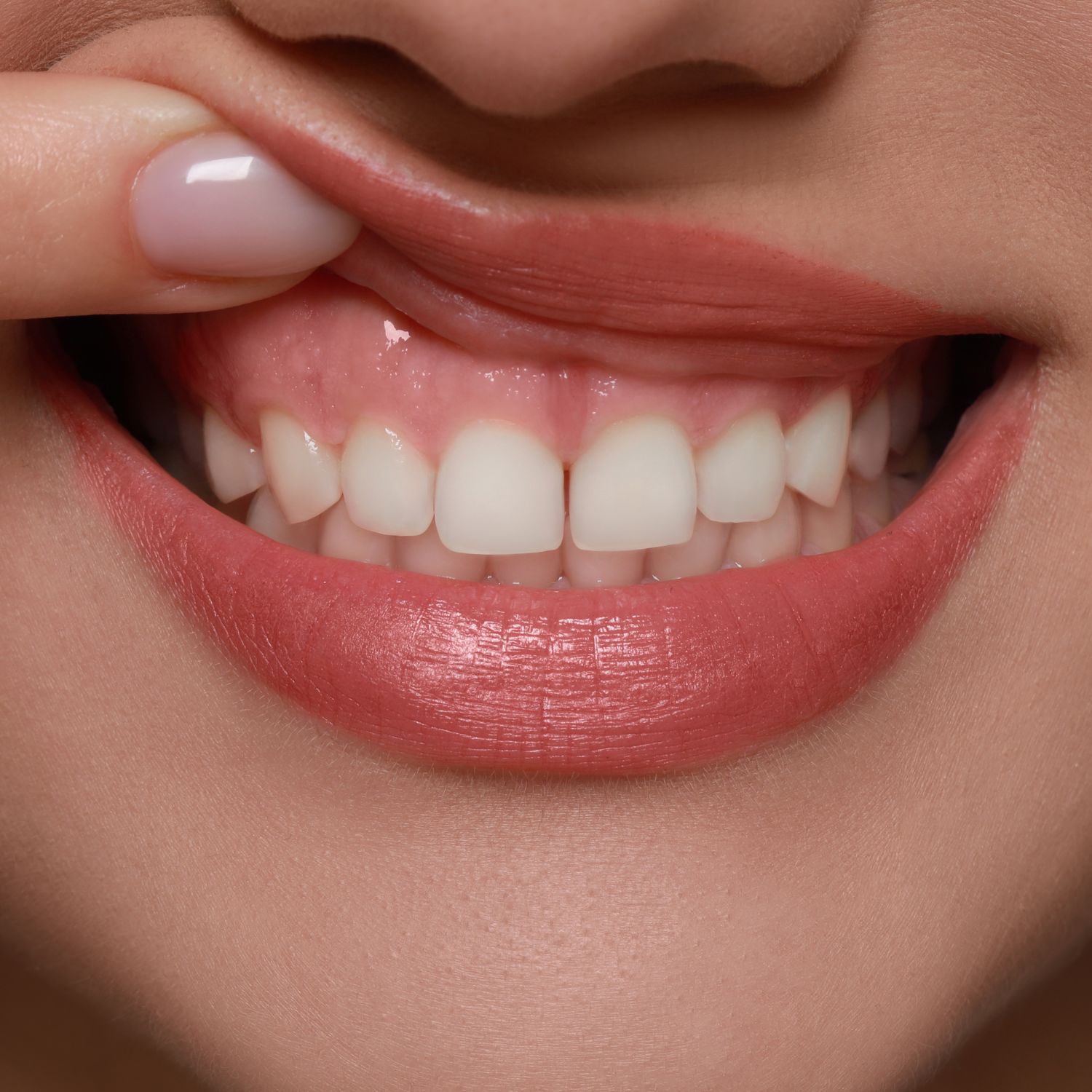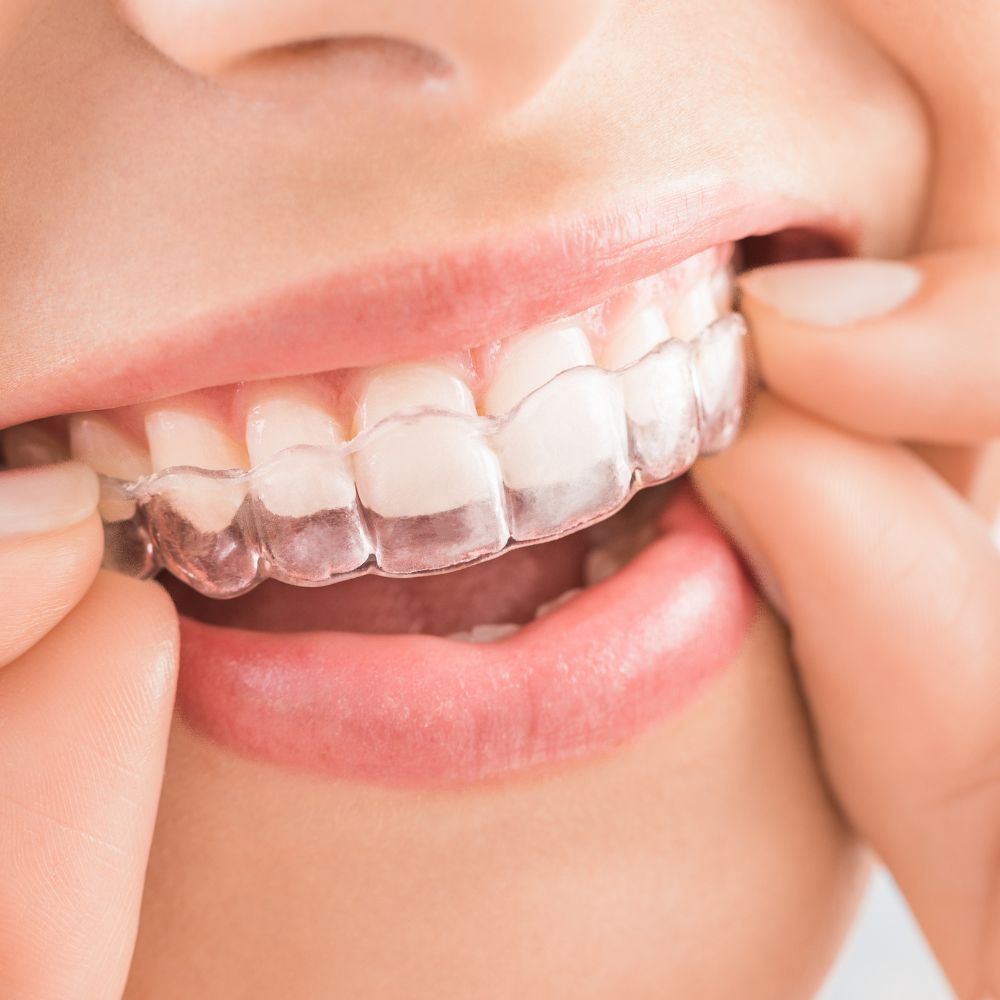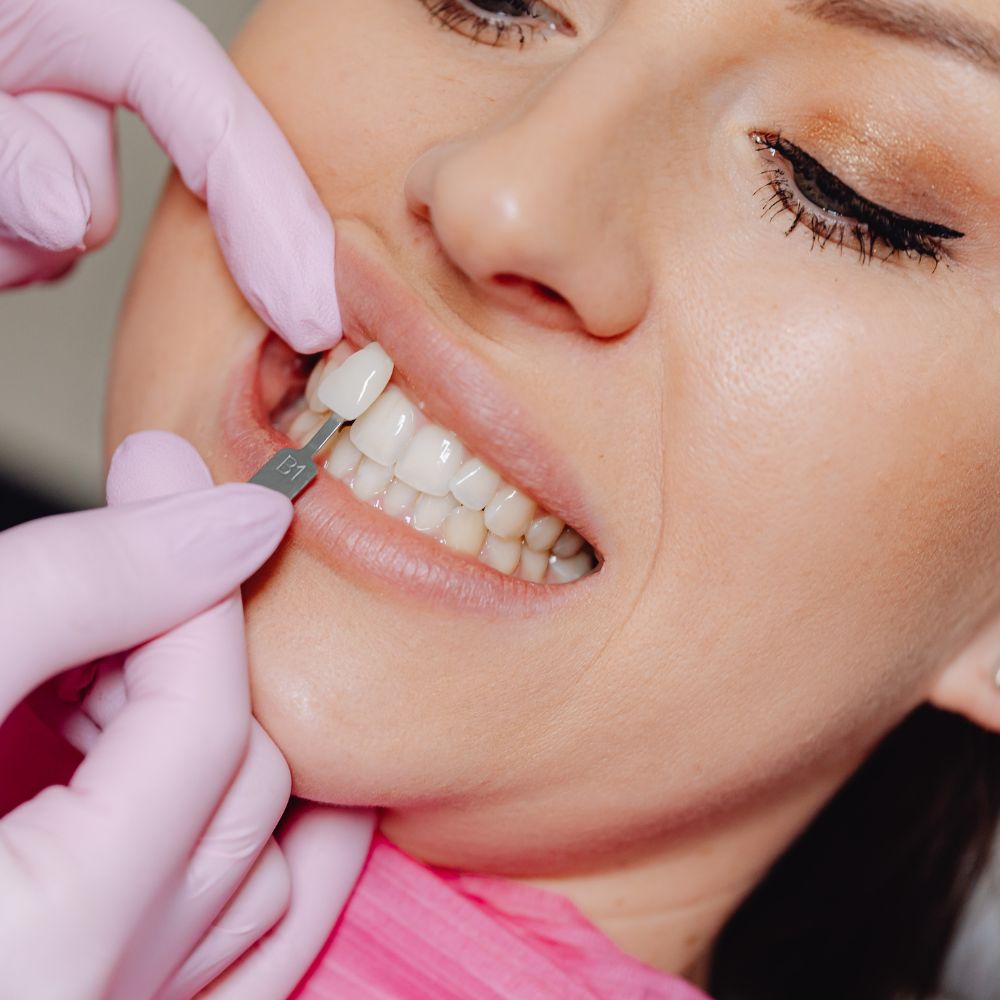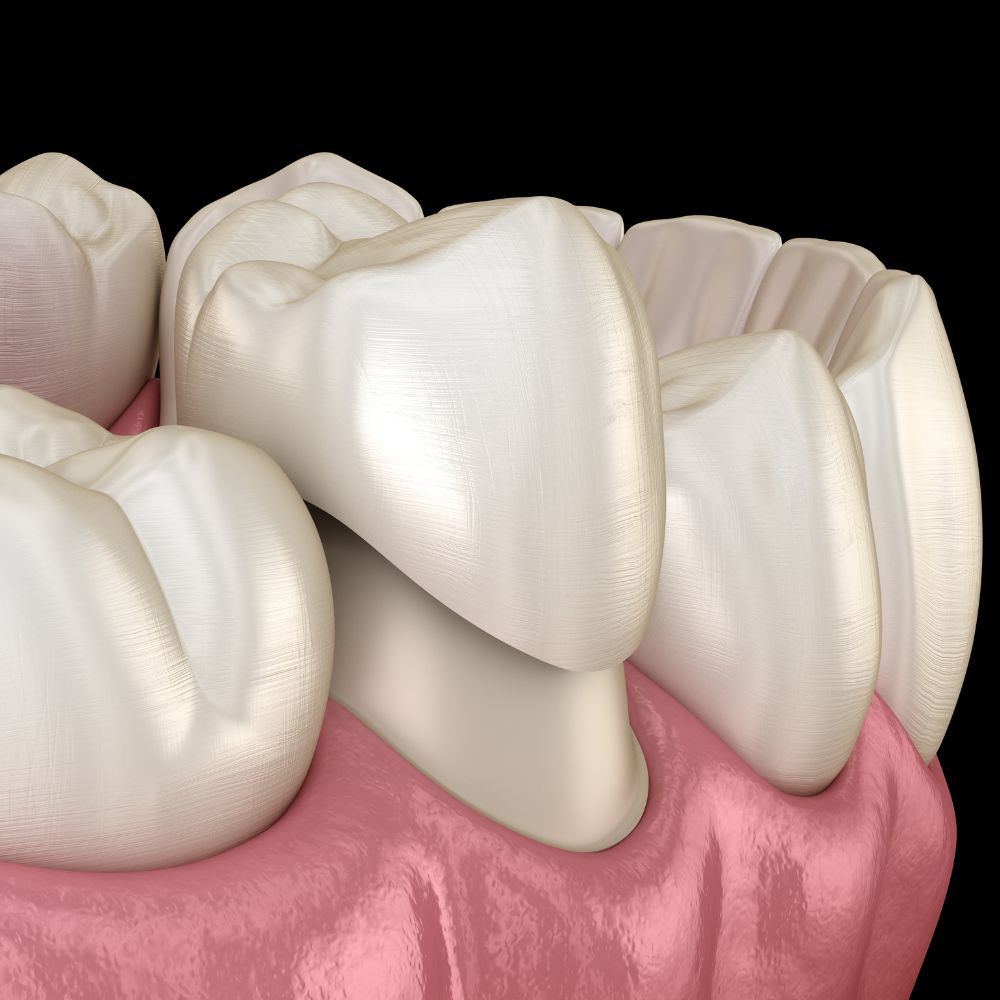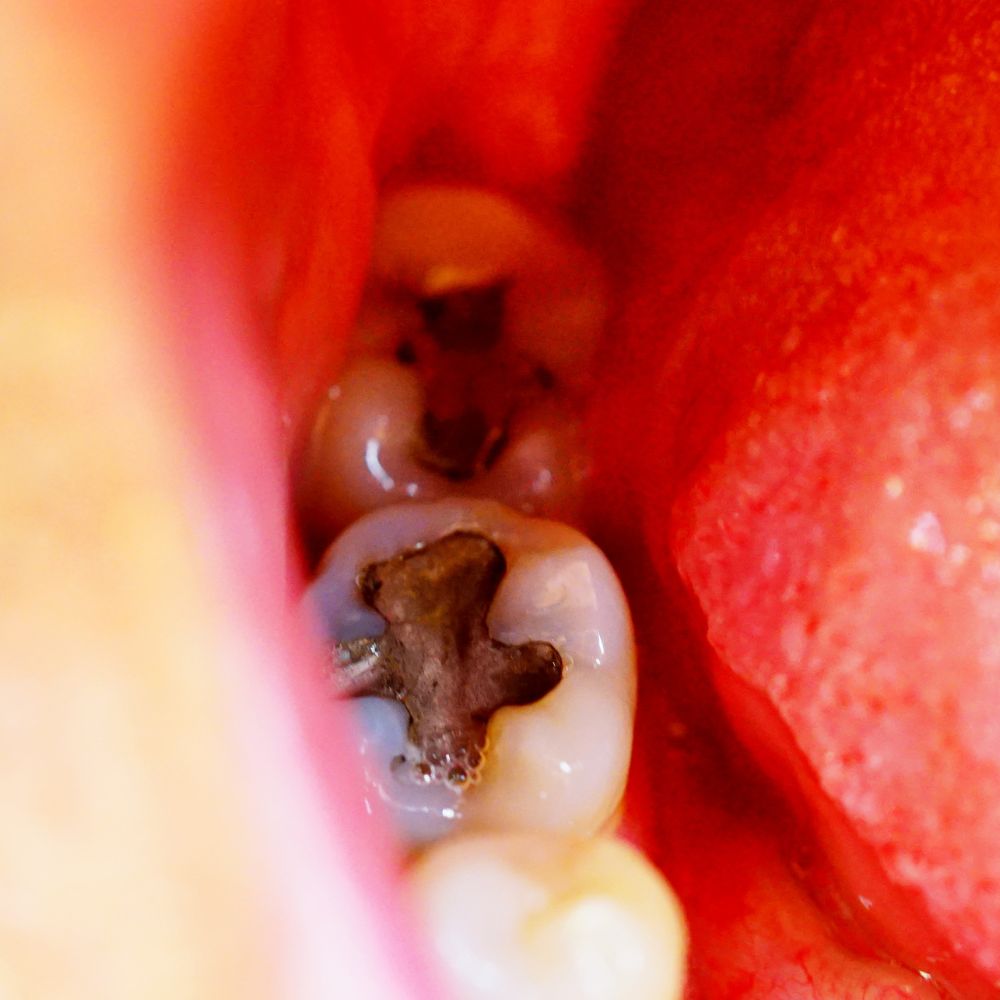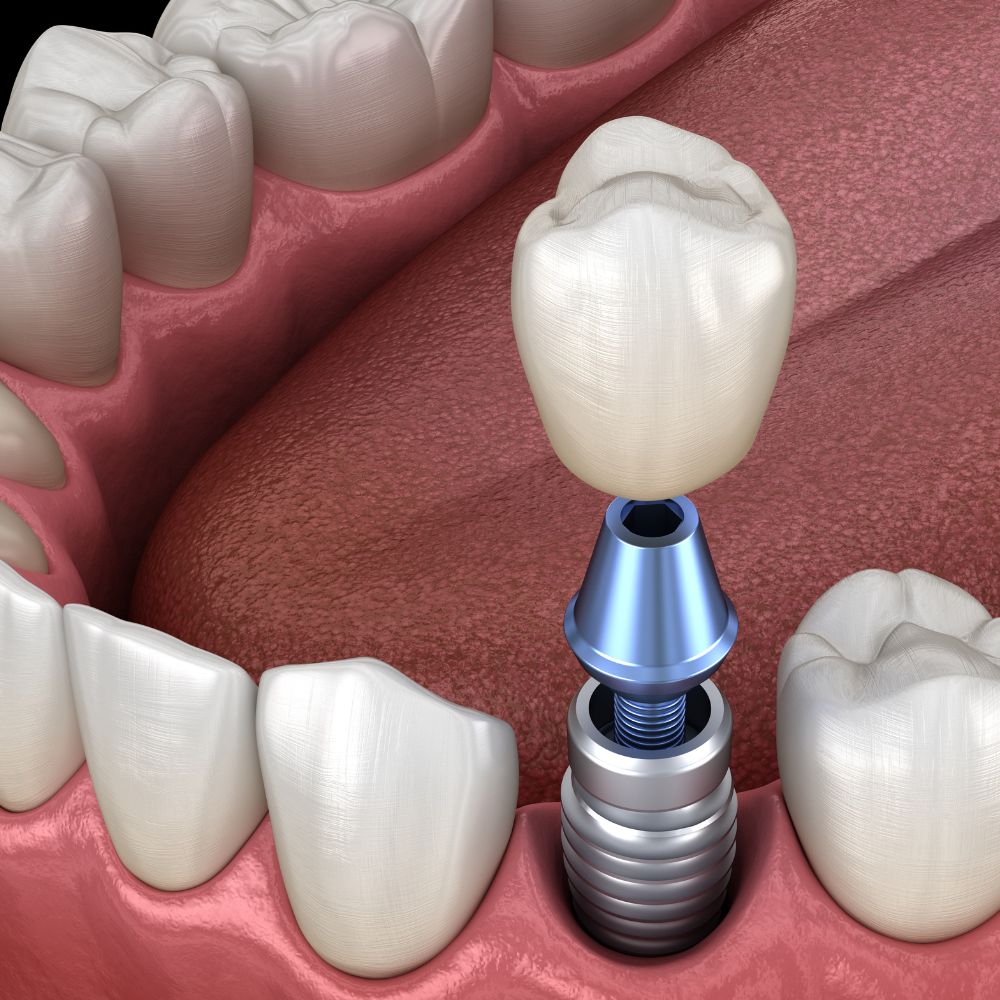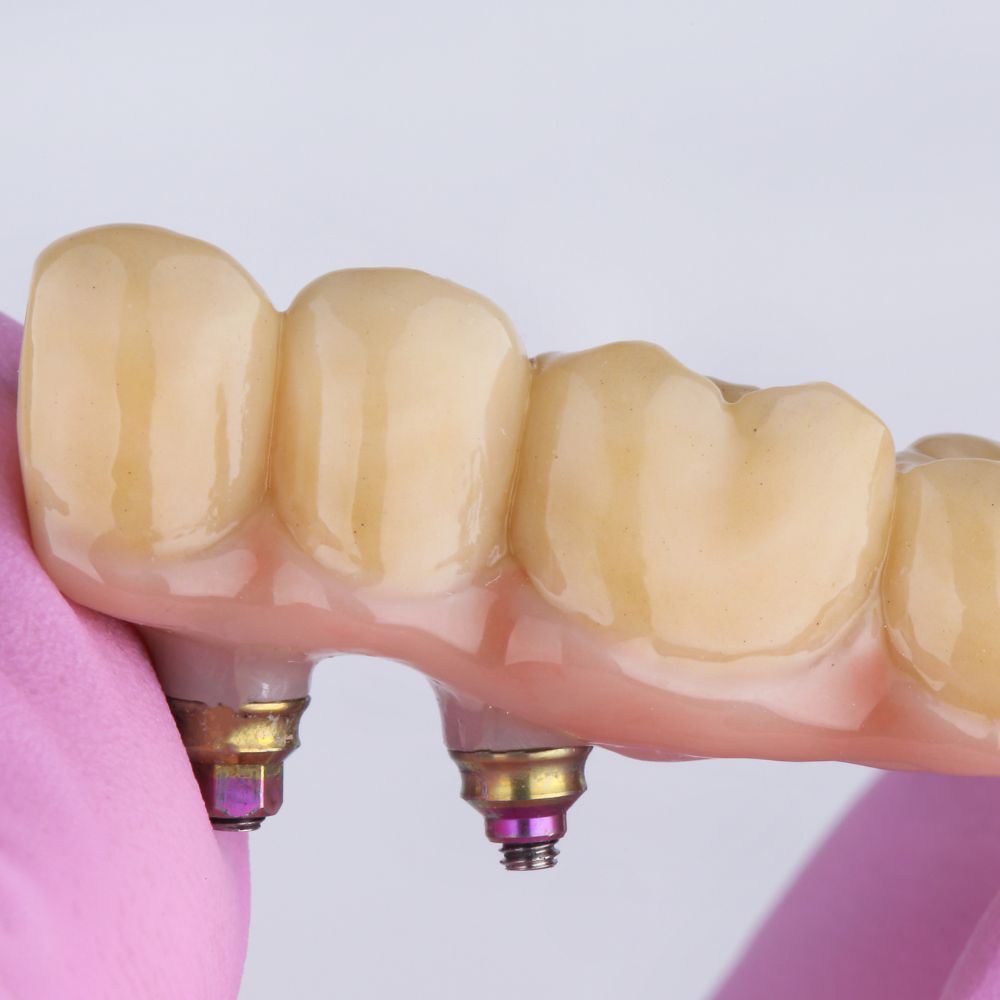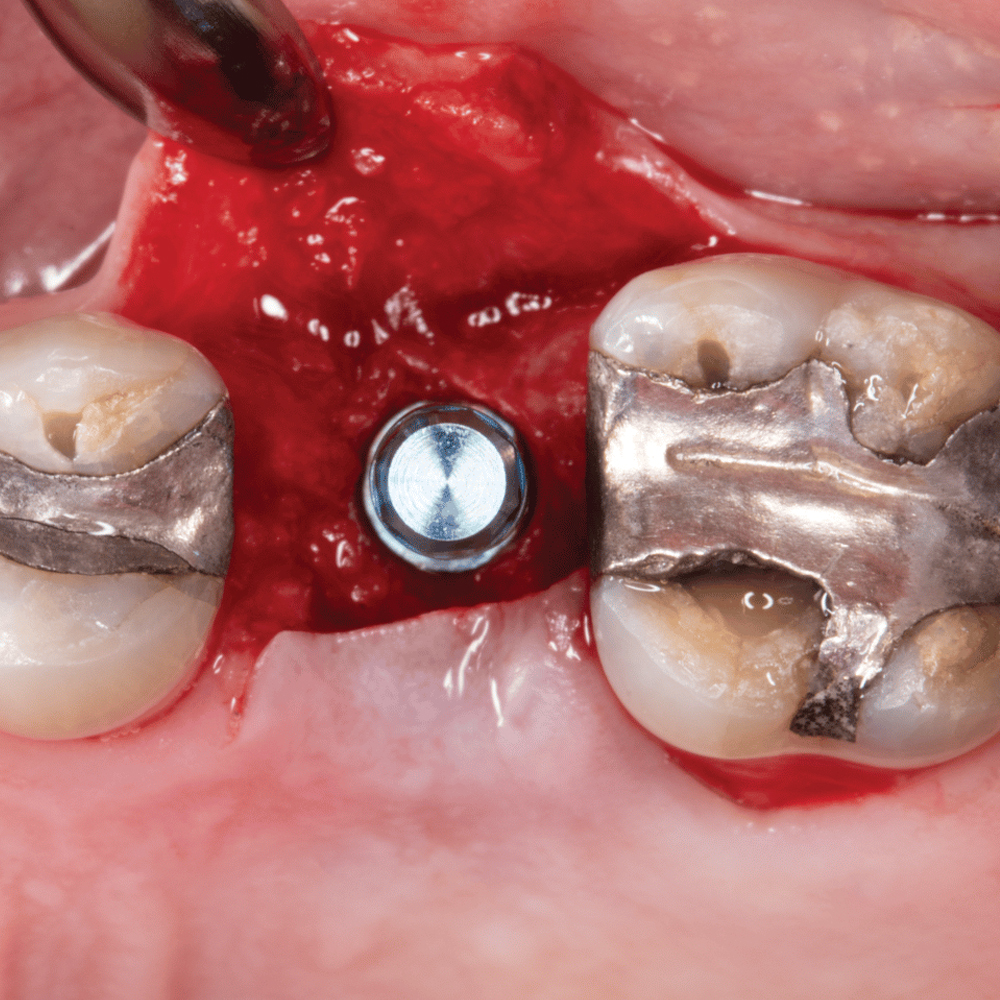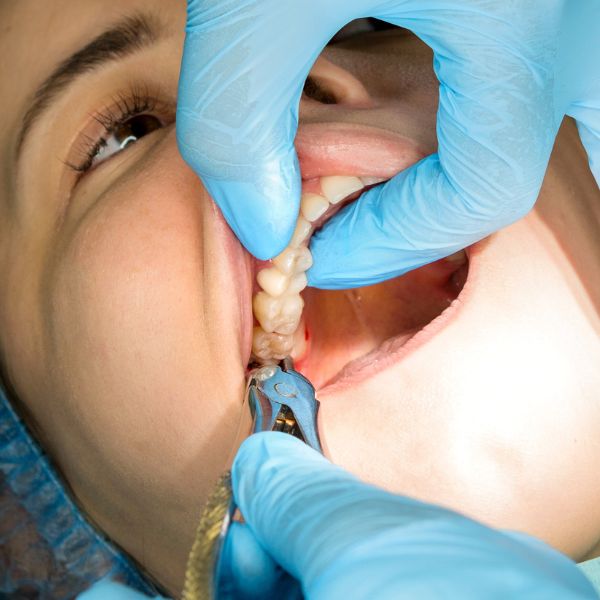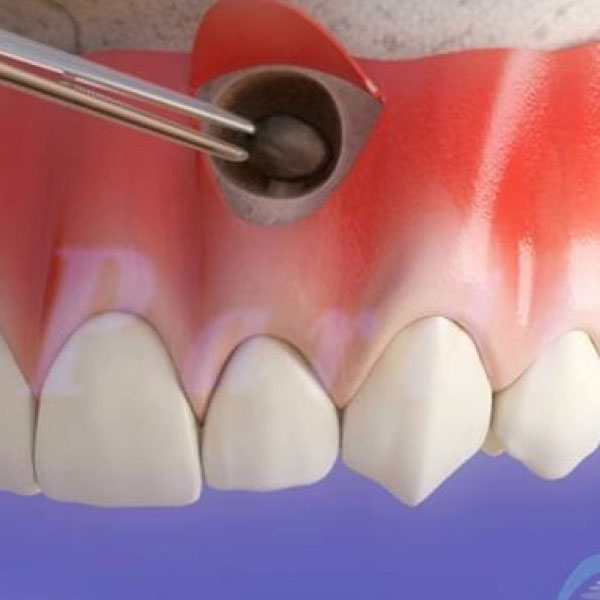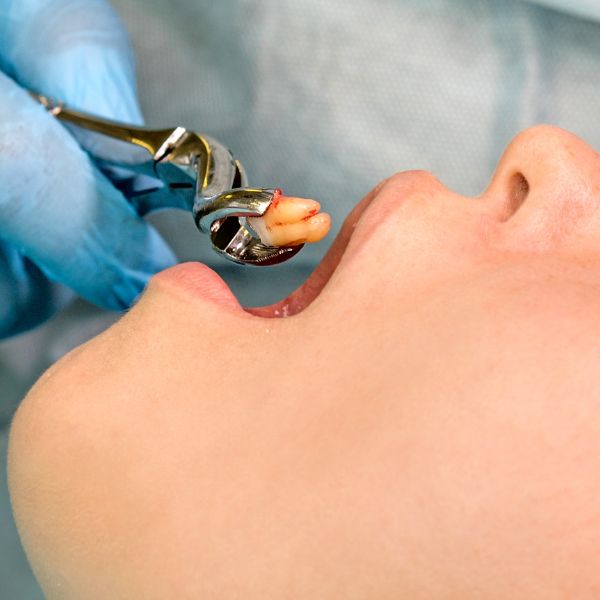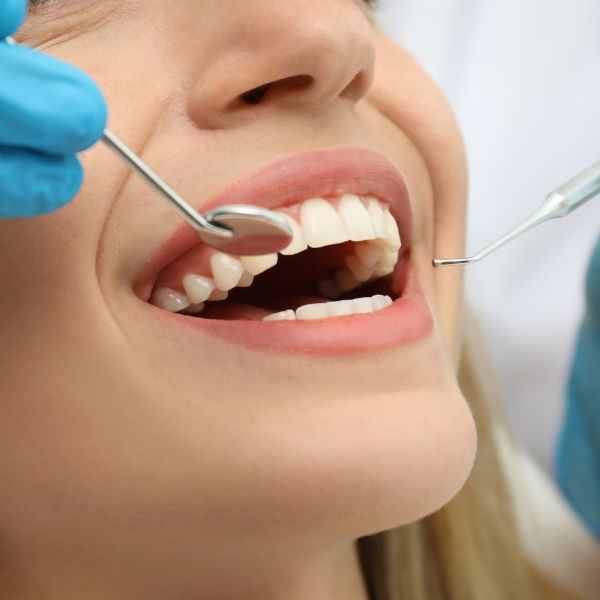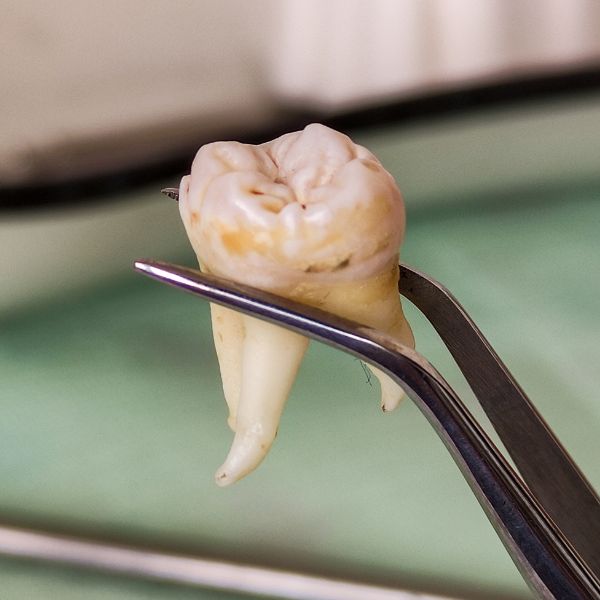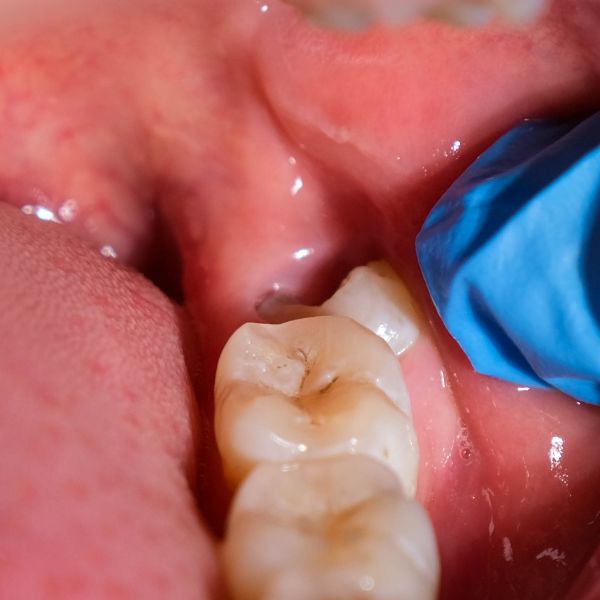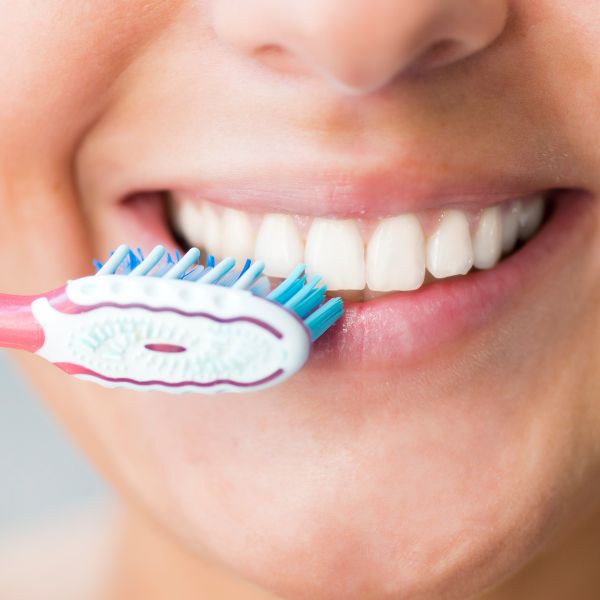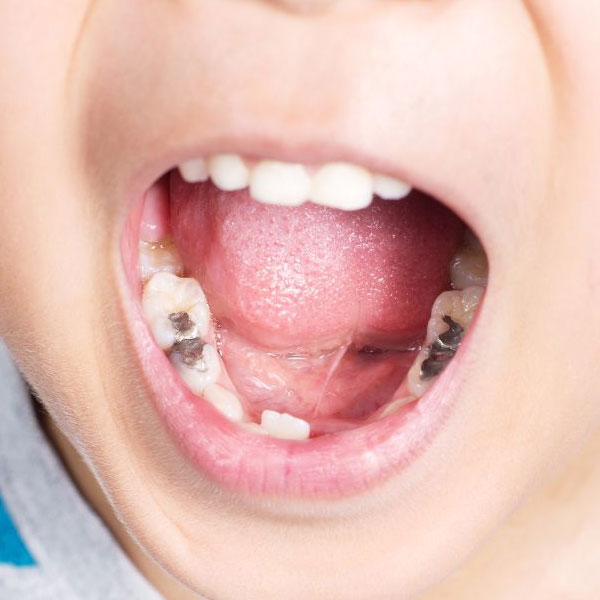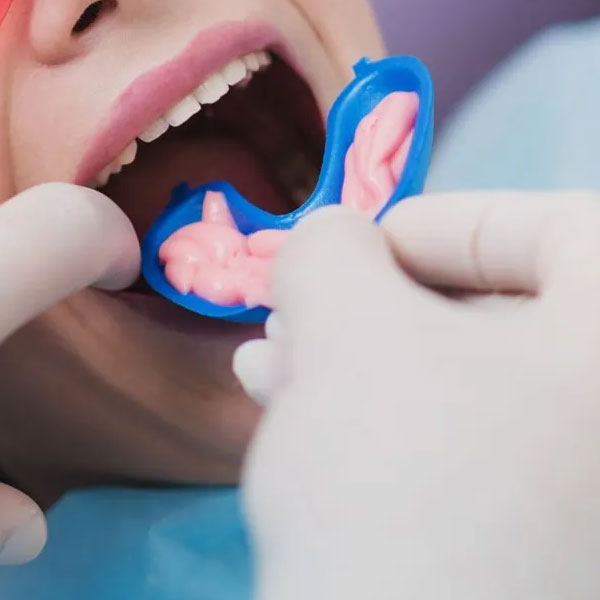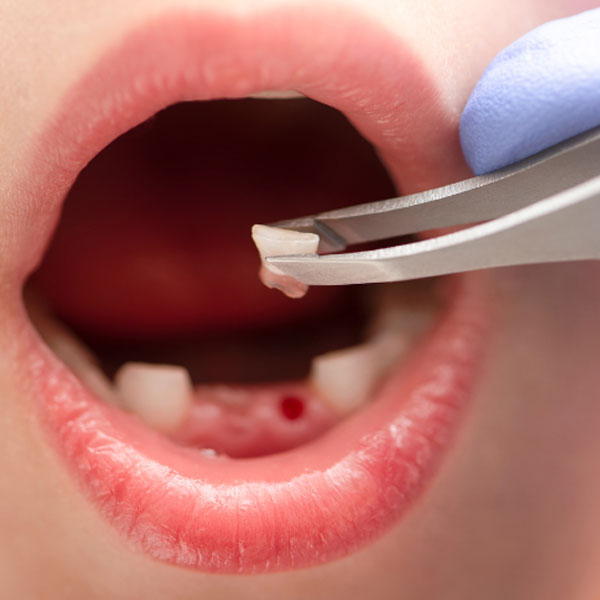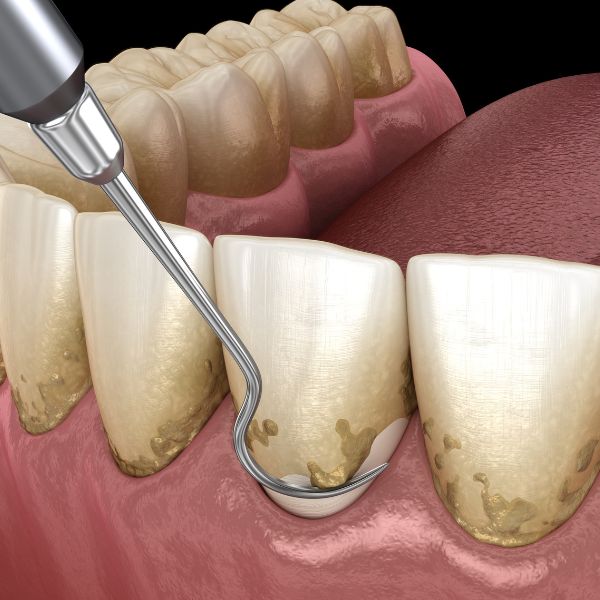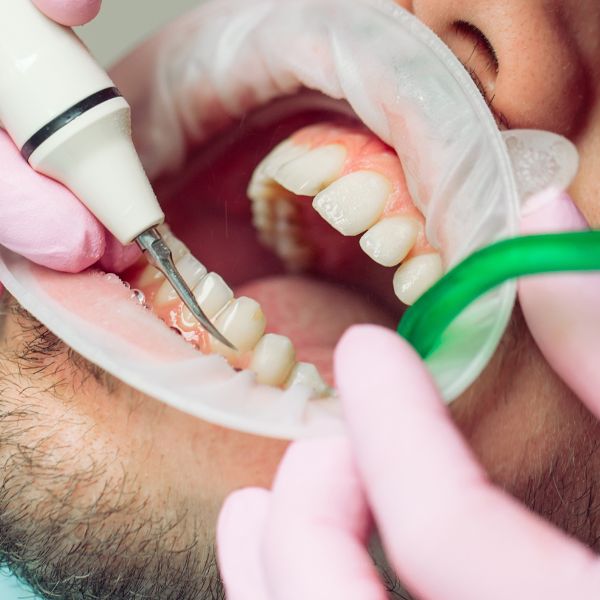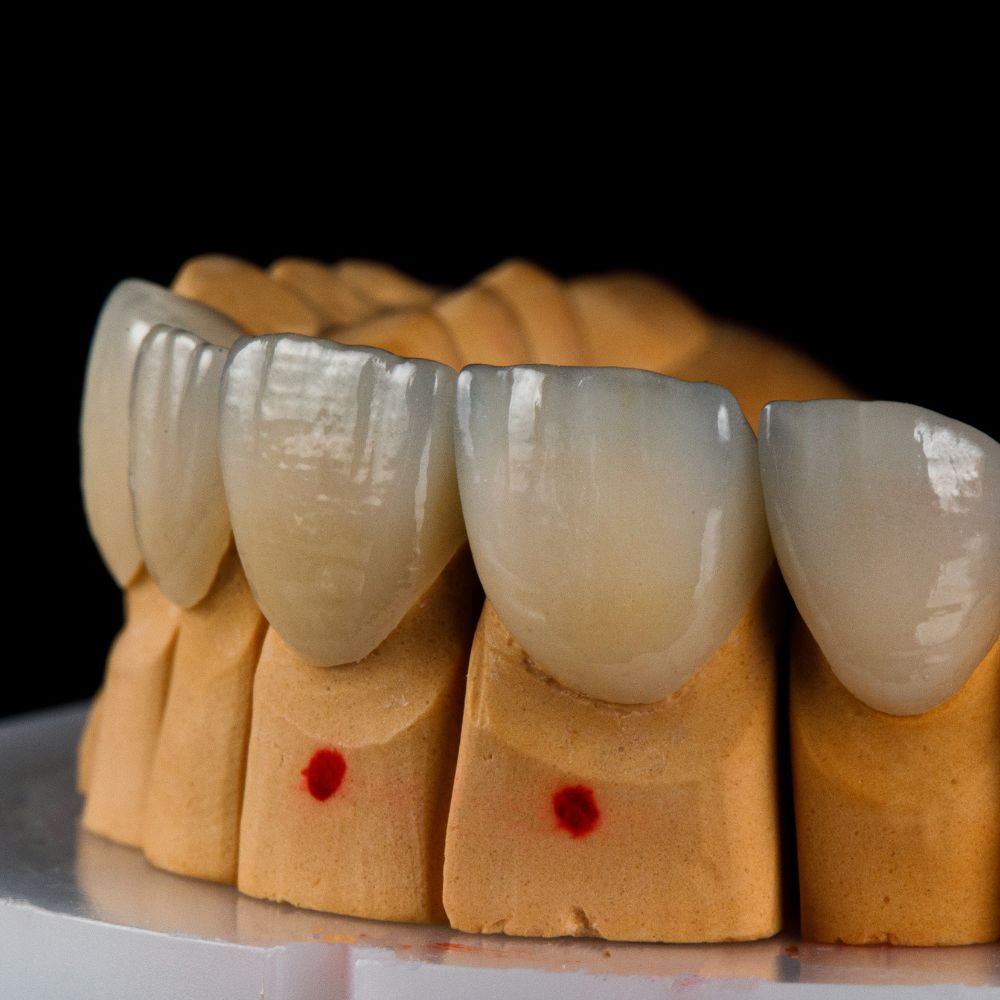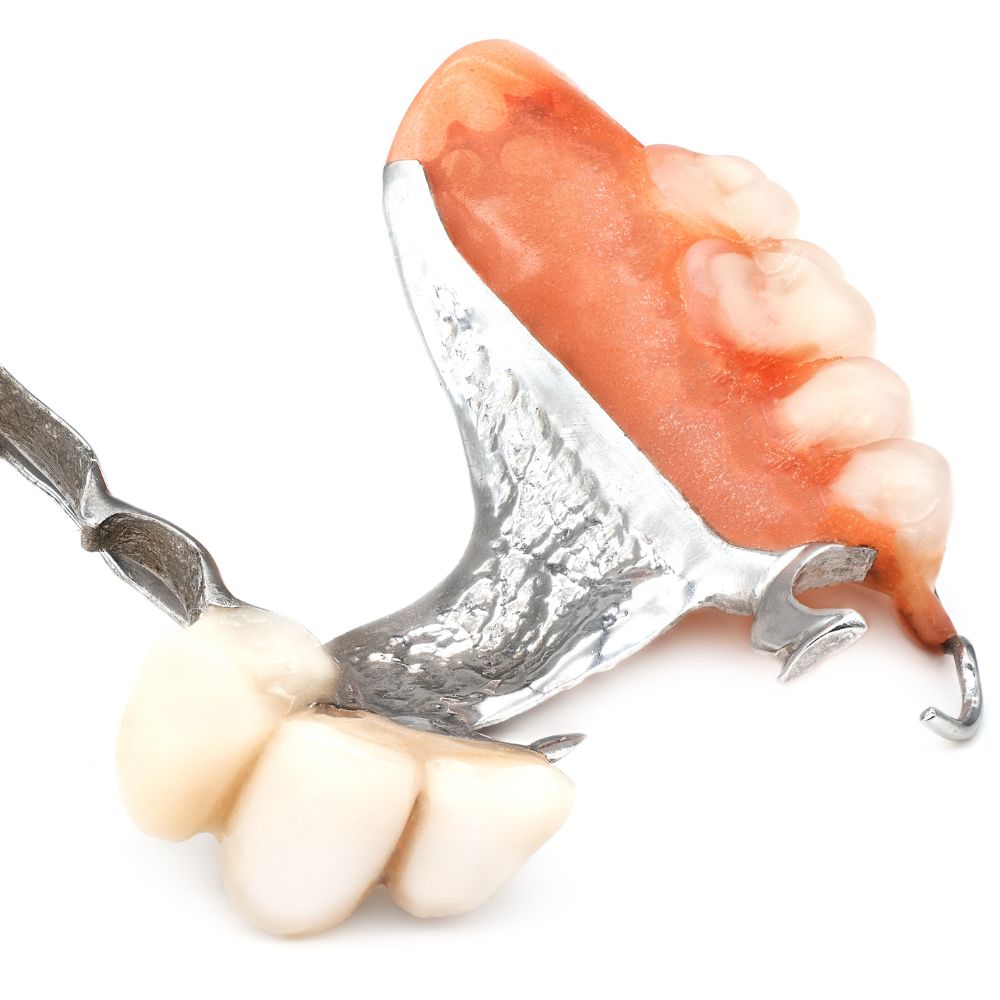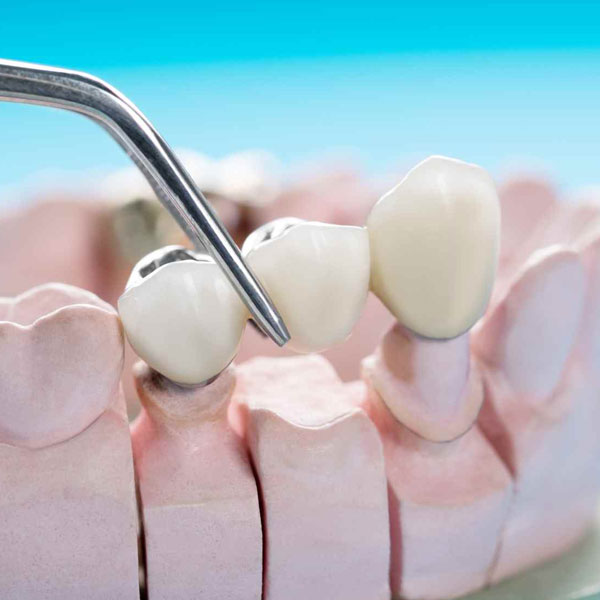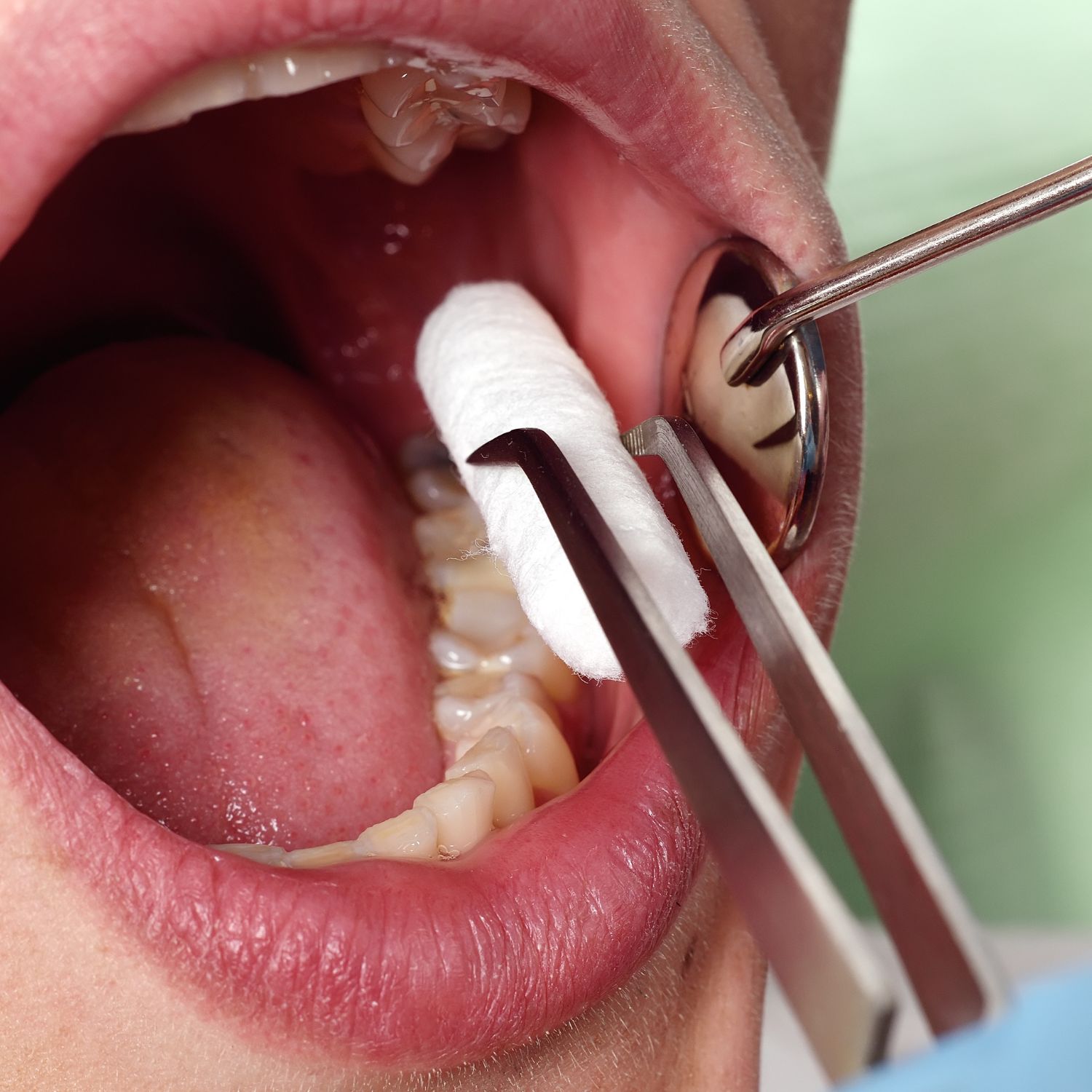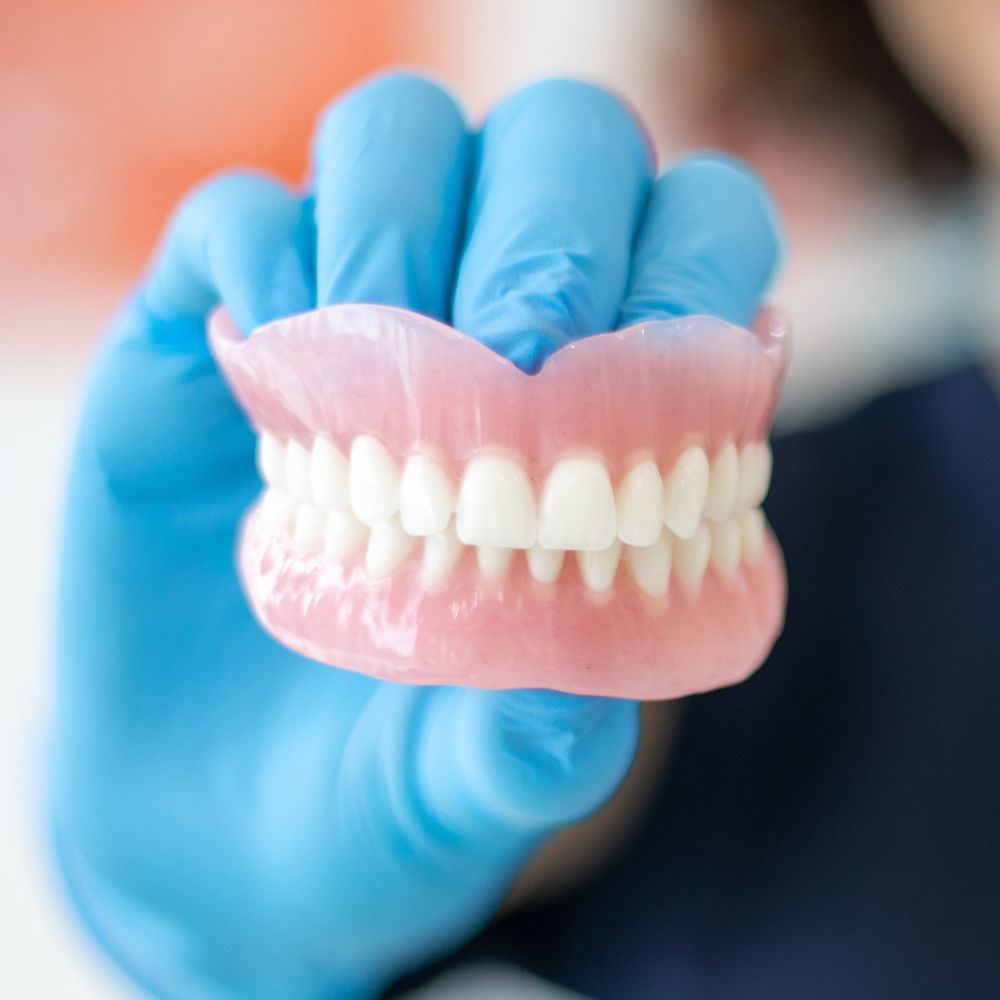Tooth Fluoride
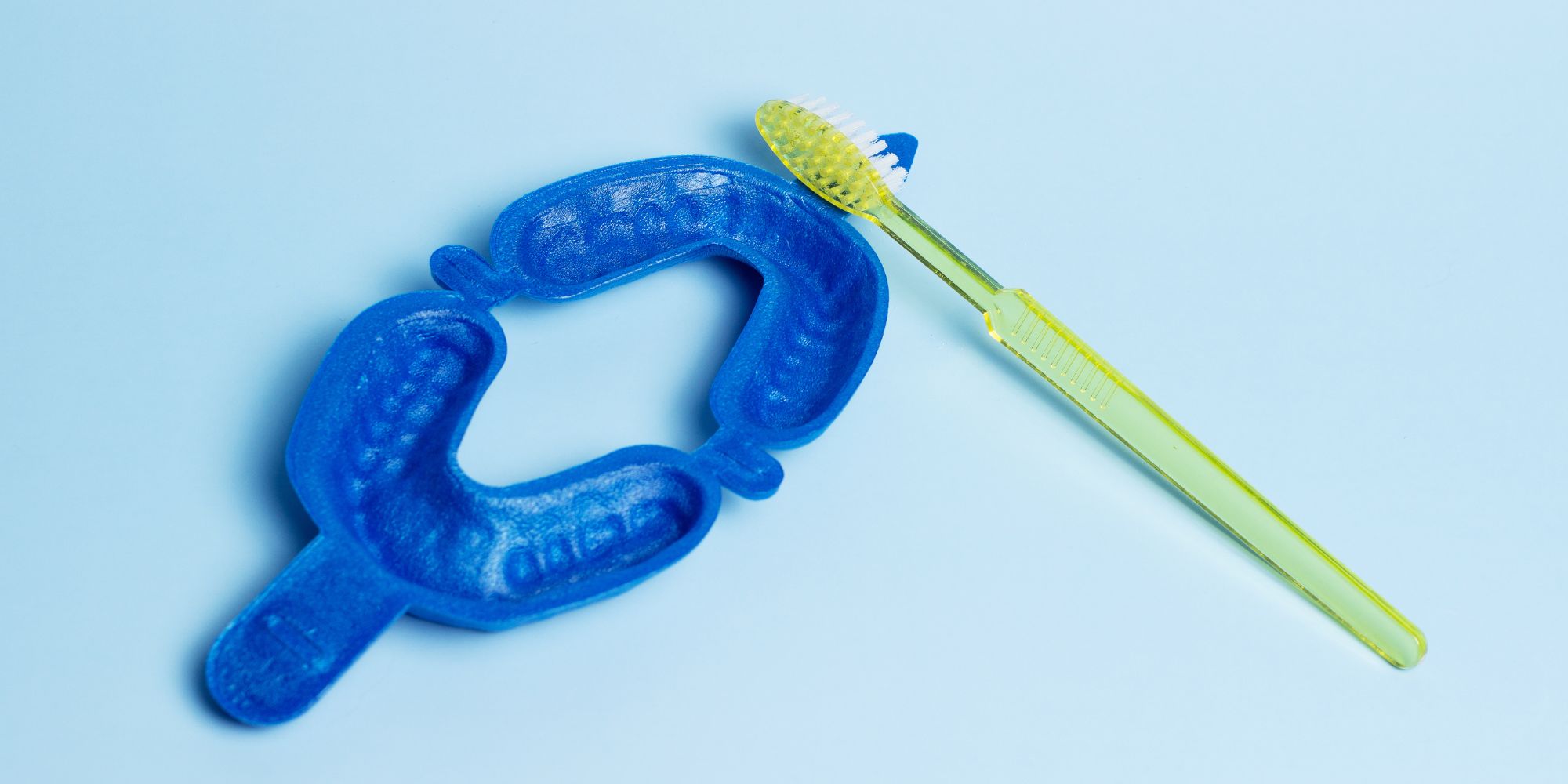
Tooth Fluoride
Dental fluoridation is a dental procedure that involves applying fluoride to the teeth. Fluoride is a metal found naturally in water and some foods. It has been shown to be effective in reversing early tooth decay and remineralizing tooth enamel.
When we consume food, sweets and drinks, bacteria in our mouths produce acids that can erode enamel and lead to tooth decay. Fluoride helps to counter this process by remineralizing the enamel. It does this by attracting minerals such as calcium and phosphate, which are essential for the health of our teeth. These minerals form a strong protective layer on the enamel, making it more resistant to acid attacks.
Studies have shown that communities with fluoridated water have significantly lower rates of tooth decay compared to communities without fluoridation. In fact, the Centers for Disease Control and Prevention (CDC) considers water fluoridation one of the top ten public health achievements of the 20th century.
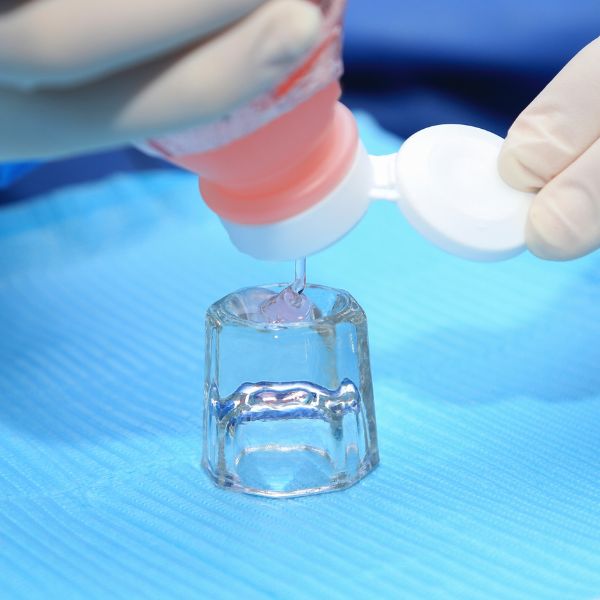

Tooth fluoridation procedure
Maintaining good oral health is essential to overall well-being, and regular dental checkups play a key role in achieving this goal. When it comes to dental fluoridation, the first step is to schedule a dental exam and consultation with the dentist. During this visit, the dentist will evaluate your oral health and determine if dental fluoridation is necessary.
During fluoridation, the dentist applies fluoride in the form of a gel with an adapted tablet on the surface of the teeth or in the form of varnish which is placed directly on the teeth.
Benefits of dental fluoridation
- Stronger tooth enamel: Tooth enamel becomes more resistant to acid attacks and cavities.
- Prevents tooth decay: Fluoride helps prevent tooth decay by remineralizing the early stages of tooth decay and preventing cavities.
- Cost effective: Dental fluoridation is one of the most effective methods of preventing tooth decay and reducing the cost of dental treatment.
Request an appointment
Faq Dental Fluoride
At what age is it important to start dental fluoridation?
According to dental experts, the recommended age for the first dental visit is about six months after the eruption of the first tooth or until the age of one year.
This early visit is vital as it allows the dentist to assess the child's oral health and provide the parents with the necessary guidance on proper oral care. Fluoridation can be started during this first dental visit, depending on the child's oral health status and risk factors.
What are the benefits of fluoridation?
Dental fluoridation offers numerous benefits for both children and adults. The primary benefit is tooth decay prevention. Fluoride strengthens enamel, making it more resistant to acid attacks from bacteria and plaque. This greatly reduces the risk of cavities and the need for extensive dental treatments such as fillings or extractions.
Another benefit of fluoridation is the remineralization of caries at an early stage. If caught early, tooth decay can be reversed through the use of fluoride. Fluoride treatments can help rebuild weakened enamel and prevent the need for more invasive dental procedures.
Is dental fluoridation expensive?
Fluoridation is a cost-effective measure. The cost of applying fluoride treatments is relatively low compared to the costs associated with treating advanced tooth decay or other dental problems. By investing in fluoridation from a young age, parents can potentially save significant dental costs in the long run.
Do adults benefit from dental fluoridation?
Dental fluoridation isn't just for kids. Many adults mistakenly believe that once they reach adulthood, they no longer need fluoride treatments. However, the truth is that adults can greatly benefit from dental fluoridation. In fact, it can play a key role in maintaining good oral health throughout your life.
One of the main benefits of dental fluoridation for adults is its ability to prevent tooth decay. Fluoride helps strengthen enamel, the outer layer of teeth, making it more resistant to acid attacks from bacteria and sugary foods. This, in turn, reduces the risk of tooth decay and helps preserve natural teeth for a longer period of time.
Another benefit of dental fluoridation for adults is the ability to reverse the early stages of tooth decay. When tooth decay first starts, it can often be reversed by remineralizing the affected tooth structure. Fluoride does this by attracting minerals such as calcium and phosphate, which help restore weakened enamel. This can prevent the need for more extensive dental treatments, such as fillings or root canals, in the future.
Additionally, dental fluoridation has been shown to reduce tooth sensitivity in adults. Many adults experience tooth sensitivity, which can make eating certain foods and drinks unpleasant. Fluoride treatments can help desensitize teeth, making them less sensitive to hot, cold and sweet stimuli. This can significantly improve the quality of life of people suffering from tooth sensitivity.
What other ways is fluoride taken?
Fluoride toothpaste is the most common form of dental fluoridation. It is recommended to use a fluoride toothpaste containing at least 1,000 ppm F. This concentration has been shown to be effective in preventing tooth decay.
Fluoride mouthwash is another option for dental fluoridation. This is a rinse that contains a higher concentration of fluoride than toothpaste. It is usually used after brushing and can provide an additional layer of protection against tooth decay.

